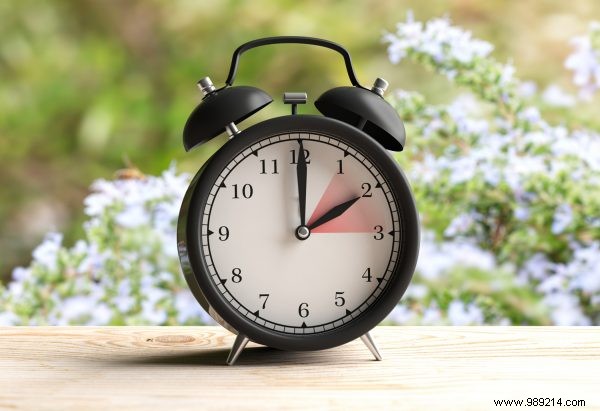
Daylight saving time begins the night of Saturday, March 27 to Sunday, March 28, when clocks spring forward one hour. Koko Beers, sleep expert at the Brain Foundation, explains that these seasonal shifts significantly impact public health. Learn the effects and proven strategies to adapt swiftly.
"Scientific evidence shows permanent winter time is optimal for public health," Beers notes. Clock changes disrupt our biological rhythms, challenging adjustment for many. Sticking to winter time aligns best with our natural day-night cycle, minimizing sleep disturbances. The UK time zone is ideal, but winter time is a close second.
"Winter brings more morning light, while summer reduces evening light—but we need that morning exposure for our biological clock." Light regulates our 24-hour rhythm: ample daylight early promotes alertness and steady sleep-wake patterns. Insufficient morning light delays the clock, clashing with work, school, and social schedules, leading to chronic sleep debt.
Read also: '4 signs that you have a strong biological clock'
A well-tuned biological clock ensures quality sleep, adequate duration, and daytime vitality. Short-term benefits include better learning, memory, and mood; long-term, it supports heart health, brain function, and immunity.
The European Commission proposes ending these switches, letting member states choose fixed times—a decision still pending. Until then, heed Beers' four expert tips to ease into summer time:
Step outside early, especially mornings, and position yourself near windows at work. Daylight signals daybreak to your biological clock, suppressing melatonin for alertness and energy.
As dusk falls, dim lights and avoid screens to cue evening mode. This boosts melatonin production, easing you into sleep. Use blackout curtains in the bedroom.
Evening types struggle most with the earlier wake-up. Avoid late nights to maintain sleep hours and combat the shift.
Maintain pre-shift bed and wake times—even if it feels early—to realign rhythms fast.
Explore sleep's impact on brain health: Sleep – Brain Foundation